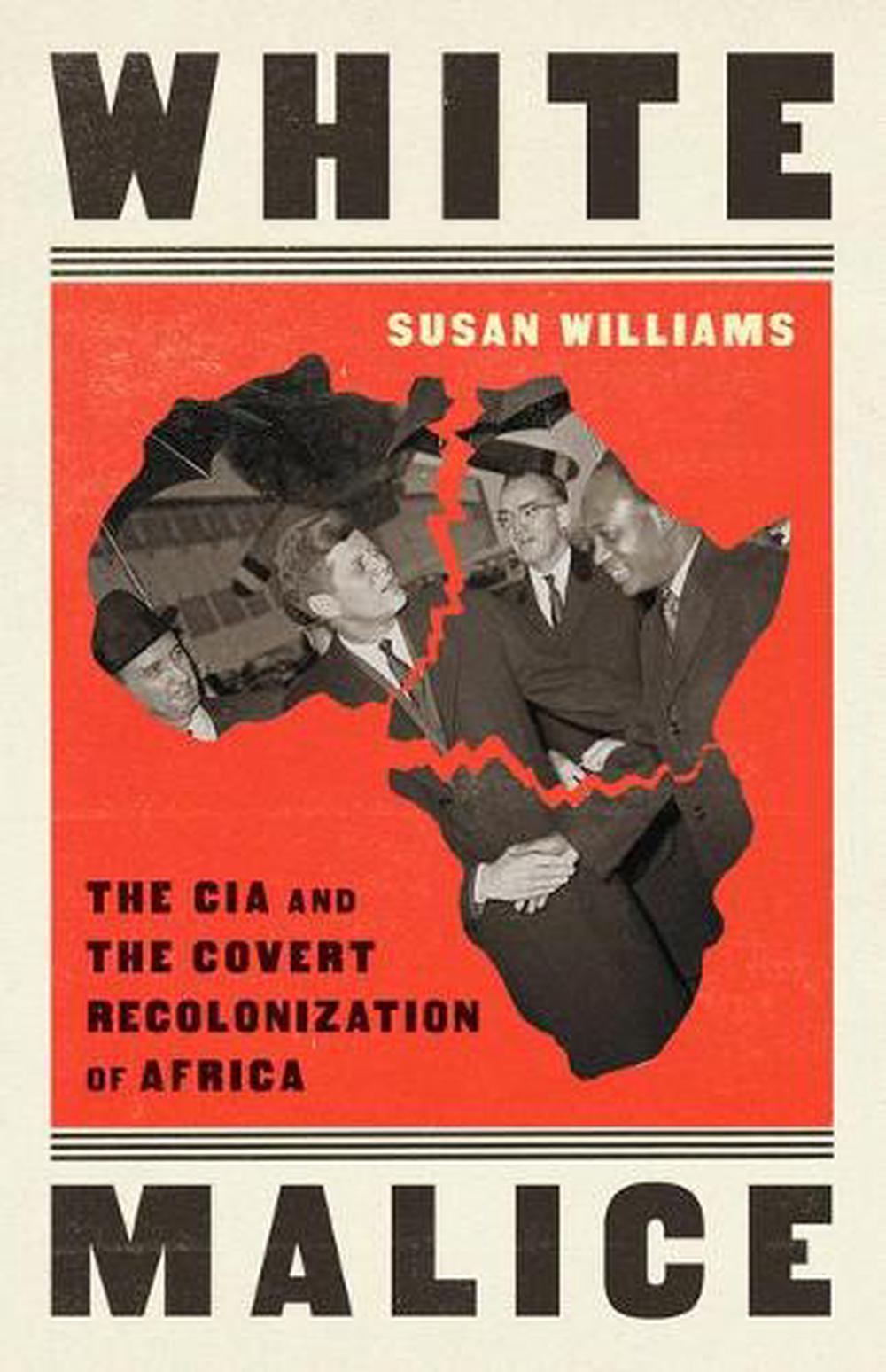subcutaneous a publié une critique de White Malice par Susan Williams
Well-sourced & thorough in the places it covers
4 étoiles
If you are expecting an overview of CIA activity across the continent, the title's a little misleading as it focuses largely on the Congo (DRC, though it covers some important things in Congo-Brazzaville as well) & Ghana. However, those two countries were very important for the overall continental situation & so many interesting connections are made to other places.
With that caveat, the book is quite thorough & does what it aims to do. It gives background as to what evil shit the CIA was up to, why, & how they did it. There are lots & lots of notes explaining where things come from & clear distinctions are made between stuff that was definitely the CIA, stuff that was probably them, & stuff that wasn't. It rather neatly lays out the Cold War context without—as the CIA did—trying to use it to explain everything. It distinguishes carefully between …
If you are expecting an overview of CIA activity across the continent, the title's a little misleading as it focuses largely on the Congo (DRC, though it covers some important things in Congo-Brazzaville as well) & Ghana. However, those two countries were very important for the overall continental situation & so many interesting connections are made to other places.
With that caveat, the book is quite thorough & does what it aims to do. It gives background as to what evil shit the CIA was up to, why, & how they did it. There are lots & lots of notes explaining where things come from & clear distinctions are made between stuff that was definitely the CIA, stuff that was probably them, & stuff that wasn't. It rather neatly lays out the Cold War context without—as the CIA did—trying to use it to explain everything. It distinguishes carefully between people who knowingly collaborated with the CIA & those who ended up being its unwitting accomplices, & it summarizes & compiles lots of useful information that's trickled out in scandalous-sounding headlines over the years. A useful reference work even if you don't have the patience or interest to read it cover to cover. Also, lots of interesting photos.

